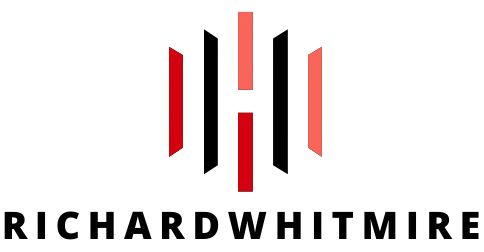Finland’s draft gambling law proposes a ban on affiliate marketing, but the fine print may leave certain avenues open for affiliates, according to Finnish legal experts.
At a briefing in Malta on Finland’s new licensed iGaming market, Minna Ripatti, founding partner at Legal Gaming Attorneys at Law, and legal advisor Antti Koivula noted that the proposed affiliate ban has sparked intense debate since its announcement in July.
Koivula explained that while the updated legislation, submitted to the European Commission earlier this month, aims to curb affiliate activity, it also leaves potential “loopholes” in place.
While the law bans the use of tracking technologies, which affiliates use to funnel traffic to operators’ sites, Koivula pointed out that “Section 51…leaves some room for interpretation regarding affiliates.”
He explained that the draft law states that licensed operators will be allowed to market in print media and its equivalents.
Koivula added that the wording allows for other media types analogous to these, potentially leaving room for affiliates as well.
Bonuses and sponsorships
Under the revised regulations, bonuses are another area of concern.
Initially, all bonuses and free play incentives were set to be entirely banned, but revisions now permit bonuses for existing customers—with specific restrictions yet to be clarified.
“At least it’s not completely banned,” Koivula remarked.
The updated guidelines also clarify social media and influencer marketing rules, barring gambling-related promotions on personal social accounts.
However, the door remains open for sponsorship deals, which “are relatively free,” as Koivula said.
He stated that “according to reliable rumours” some of Finland’s largest sports teams, including popular ice hockey clubs, have already established preliminary sponsorship contracts with operators.
IP and payment blocking
The latest draft also removes IP and payment blocking, which were initially part of the supervisory authority’s powers. “Why was that done?” Koivula speculated.
He added that his interpretation is that these enforcement mechanisms were removed to prevent delays in the legislative process.
With these tools removed, the remaining enforcement options include prohibition orders and various fines.
However, Koivula noted that enforcement against operators based in foreign jurisdictions may prove challenging.
“The regulator was already going to function with limited tools,” he said, raising questions about its ability to combat black market operators.
Suitability for a licence
In addition, Finland’s draft gambling law imposes strict scrutiny on anyone applying for a licence.
According to Ripatti, the revised legislation stipulates that stakeholders at the CEO level, as well as those with at least 25% ownership or voting control, will be subject to scrutiny.
Ripatti also noted that the prohibition order provision has been updated: only operators who receive a prohibition order after 1 September 2024 will be considered unsuitable for licensing.
Moreover, the experts stated that most of Finland’s future responsible gambling provisions are set to be regulated in secondary legislation, leaving many specifics up in the air.
Deposit limits, for example, will be voluntary, but “whether loss limits will be specified—and at what amounts—remains to be seen,” Koivula concluded.
